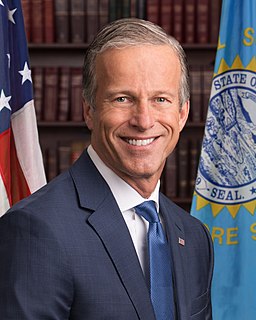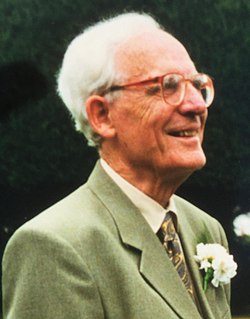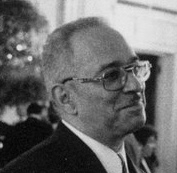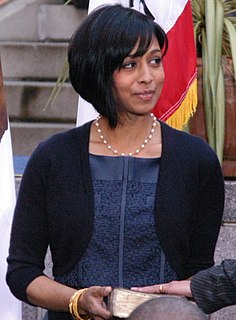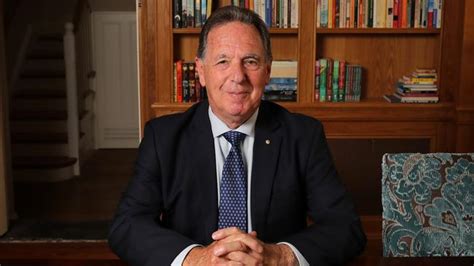A Quote by John Thune
I have a Christian worldview and so it shapes the way that I view issues. I don't apologize for that, and I don't think people of faith ought to shrink away from being in the public arena.
Related Quotes
There is no longer a Christian mind ... the modern Christian has succumbed to secularization. He accepts religion - its morality, its worship, its spiritual culture; but he rejects the religious view of life, the view which sets all earthly issues within the context of the eternal, the view which relates all human problems social, political, cultural to the doctrinal foundations of the Christian Faith, the view which sees all things here below in terms of God's supremacy and earth's transitoriness, in terms of Heaven and Hell.
My whole worldview has changed because of the work that I do. Specifically, the way in which I appropriate my own faith as a Christian, and the way in which I think about the faith and life of others who are very different than myself. That mutuality of regard is how we deal with difference and diversity in the world.
Faith should be pulled into the public arena when it affects how we live. If it doesn't, it does no earthly good. What does my faith say about the fact that a girl can't be a nuclear physicist because she's black and from the inner city? My faith says, no, that's not what God intended. It pulls it back into the public arena the idea that there's got to be something fair for all of us.
Christian faith is exclusivistic. Christian faith lays claim upon our lives. The sanctity of life, what we do with a life, is very definitive in the Christian faith, what we do with sexuality, what we do with marriage, all of the fundamental questions of life have points of reference for answers, and people just have an aversion for that. That I think is the biggest reason they feel hostile towards the Christian faith.
Creflo Dollar is compromising, confusing or outright contradicting essential Christian doctrine. Joel Osteen does exactly the same thing. Now, not necessarily the exact same doctrines, but he is compromising, confusing or contradicting essential Christian doctrine. Their view of faith is a force, words are the containers of the force, and through the force of faith, one can create his or her own reality. That's not biblical faith. That's a false faith, or faith that doesn't satisfy and ultimately will lead people into harm's way.
It's no understatement that the church has done a poor job in teaching our young people that reason and faith are not opposites, and that atheists are far from being on the side of reason. You can find on our website a chart which I use to demonstrate the various worldviews work out, and which one, Christianity, is rational. Many kids, however, who grow up huddled in a Christian environment find themselves in the university setting completely unequipped to defend the rationality of the Christian faith against the secular humanist worldview so prevalent on college campuses.
I feel connected with people because of their sense of humor, worldview, and what they think and feel about certain existential issues (things not affected, in my view, by if someone rides a horse or drives a car or talks only IRL or only by typing), not how old they are, what they use to convey what they think and feel about certain existential issues, or if we have both watched the same TV shows or looked at the same websites.
Writing songs out of my faith was a real natural progression. I grew up singing in my dad's choir and singing with my family. Christian music became the music that I identified myself with and was a way that I expressed my faith. Even at a public school I would take my Christian music in and play it for my friends.
